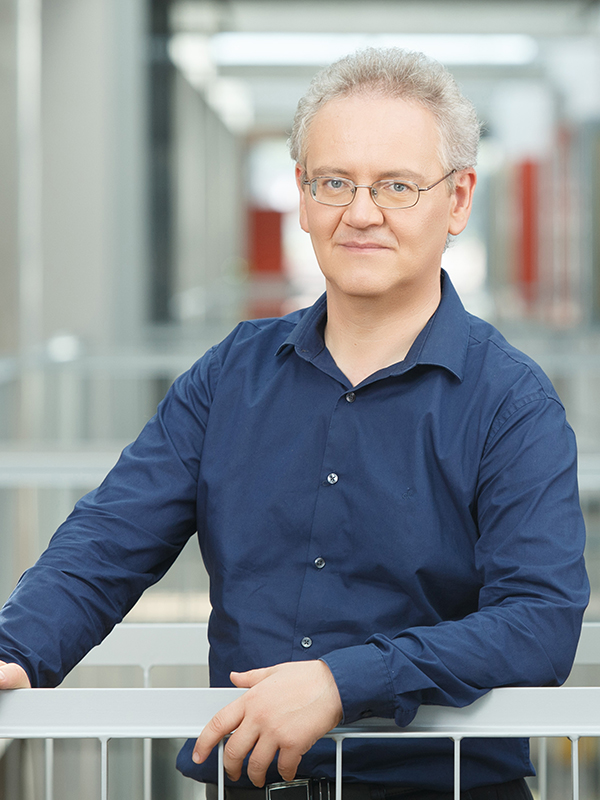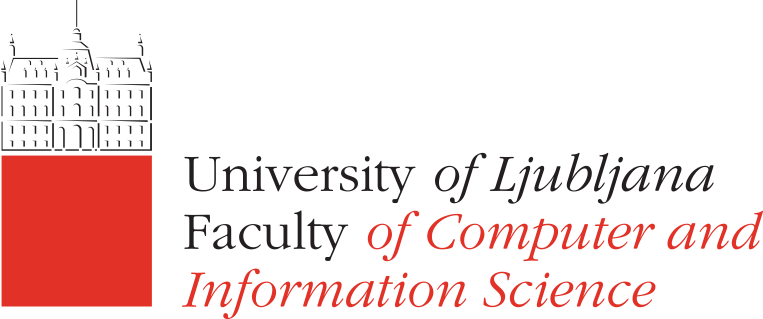- Credits:6
- Semester: winter
- Contents
Humans have always been interested in the idea of intelligent machines. Yet, what is intelligence? Is the computer which beats the world champion in chess really intelligent? Or the robot which independently researches the Mars' surface? What about the computer program which diagnoses cancer more accurately than physicians? Do some characters in computer games act intelligently? Form the very beginning of computer era there are philosophical and scientific discussions about possibility to create an artificial system which will act intelligently. The research in the area of artificial intelligence has, besides clarifying the basic questions about intelligence, brought a series of tools and approaches for solving problems, which are difficult or even impossible to solve with other methods.
In the Intelligent Systems course, you shall learn some of the most useful techniques. A robot or an agent has to analyse the data obtained from sensors. It has to communcate with humans in natural language and learn from its successes and failures. Techniques which enable such intelligent behaviour are often based on the ideas that stem from nature, such as neural networks and evolutionary learning, but use also the discoveries from machine learning, statistics, natural language processing, and reinforcement learning. The focus of the course is to prepare students for practical use of theoretical knowledge and application of learned techniques.
Practical part of the course is in the form of programming assignments, solving problems, and web quizzes. Assistant is available for consultations. The grade of practical work is the sum grades for two assignment (to be submitted in the middle and at the end of semester), where each assignment has to be finished on time and graded with at least 50% of points. The precondition for passing practical work is achieving at least 50% of points in web quizzes.
The final course grade consists of practical work grade (50%) and written exam (50%), in both parts one has to achieve at least 50% of points. Oral exam is optional.
- Study programmes
- Distribution of hours per semester
- Professor

